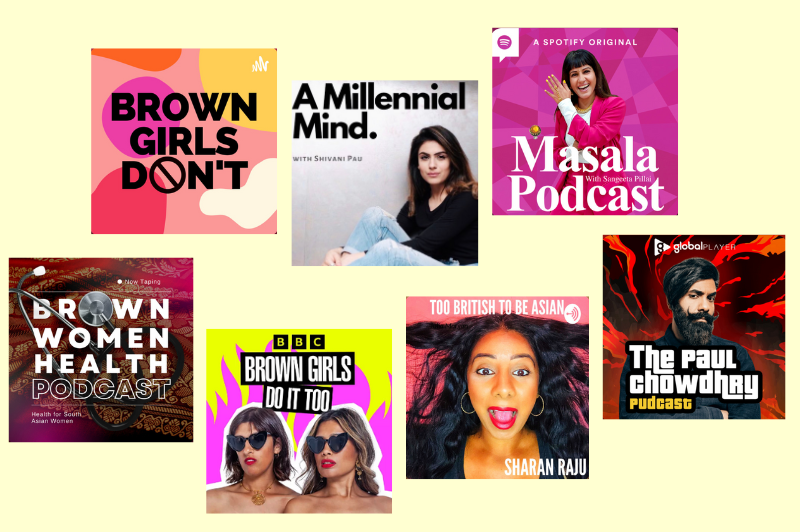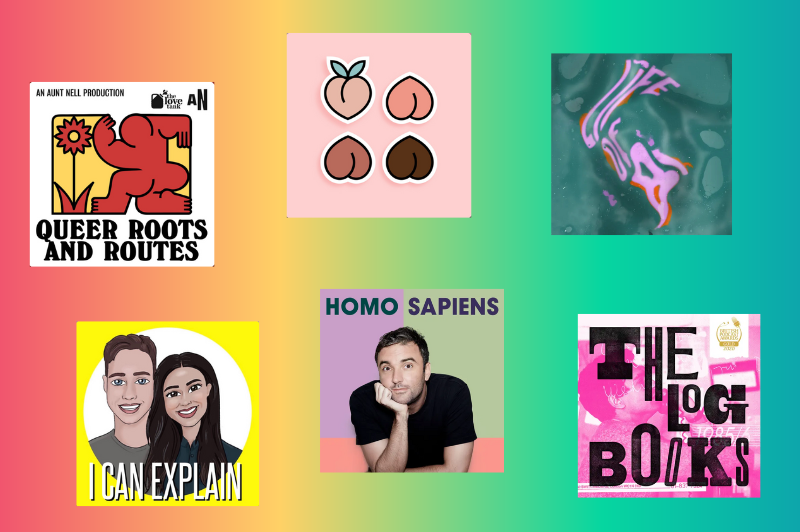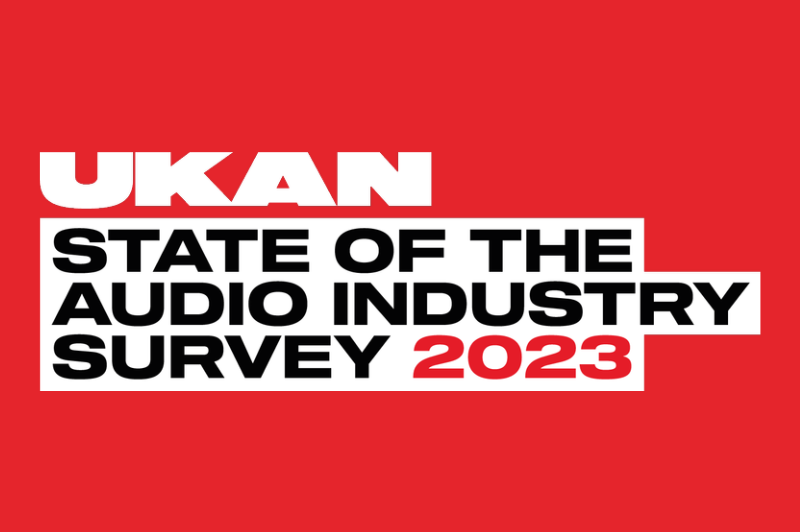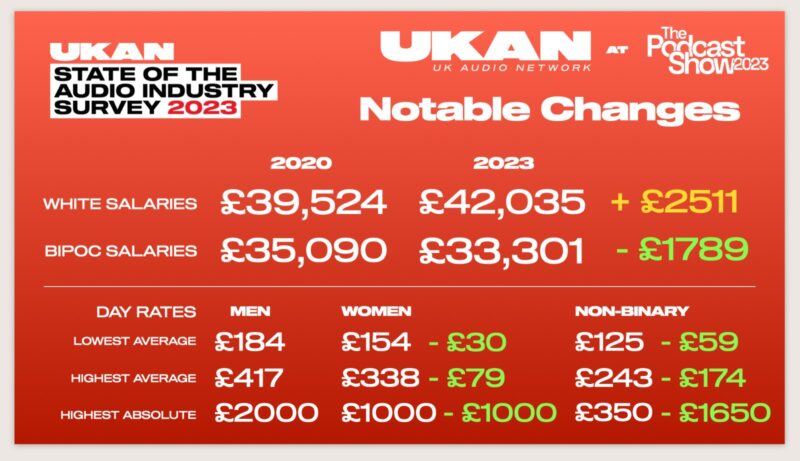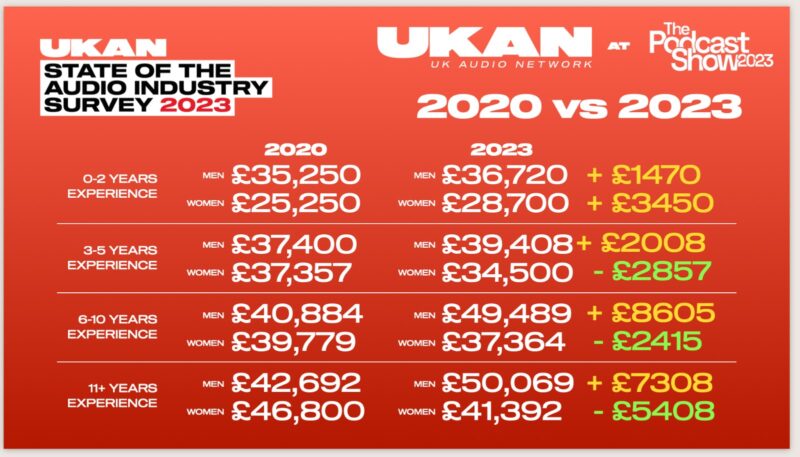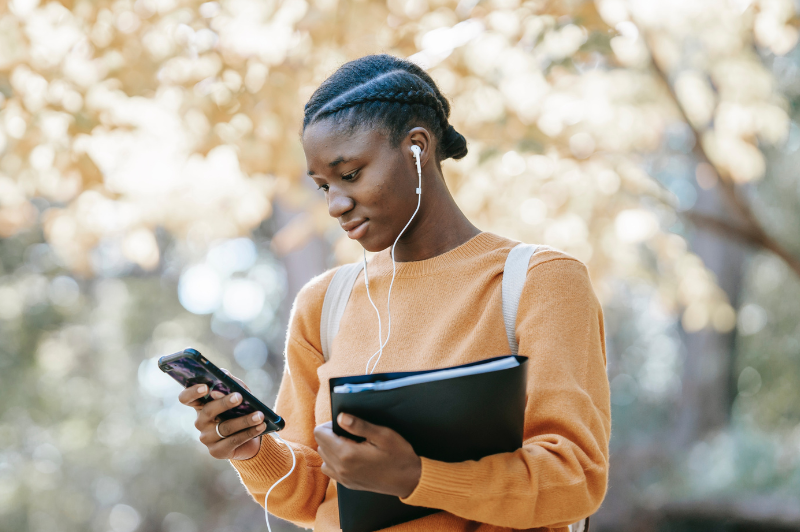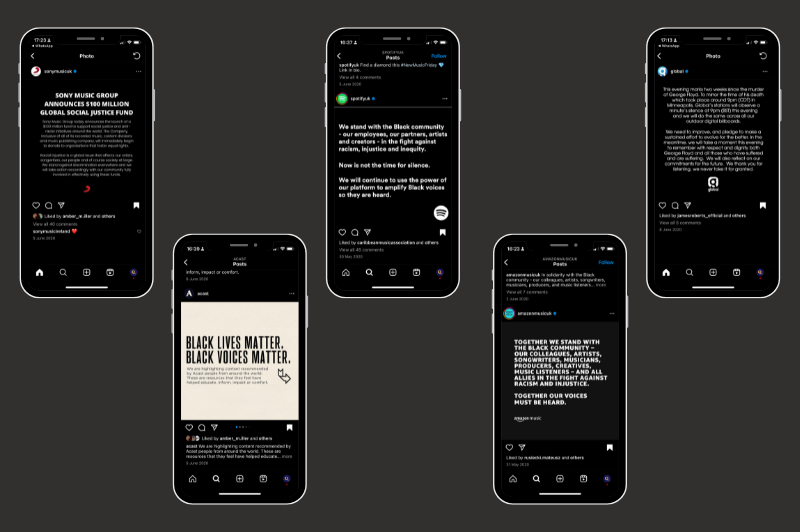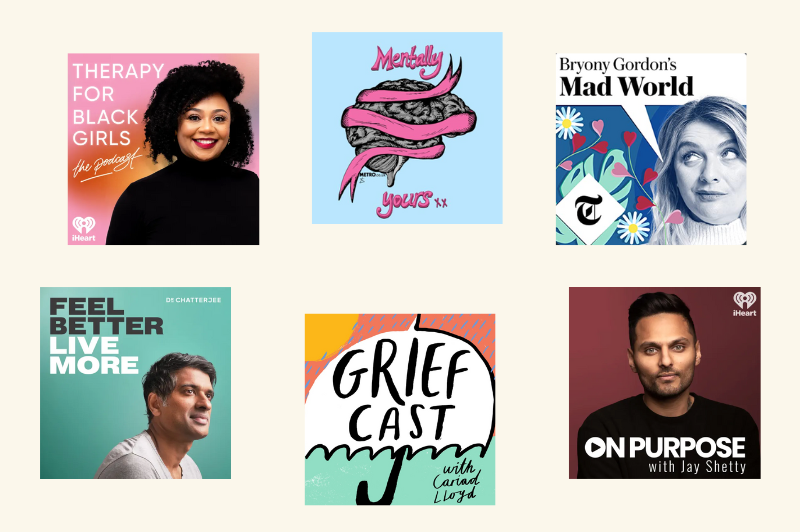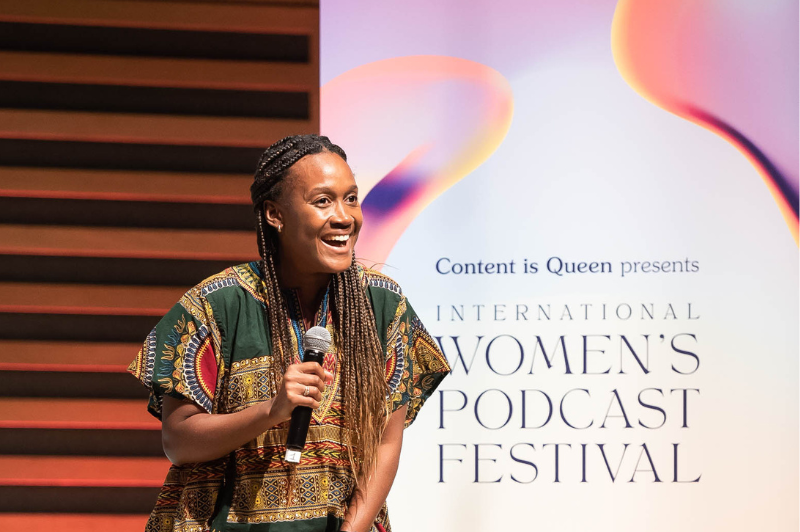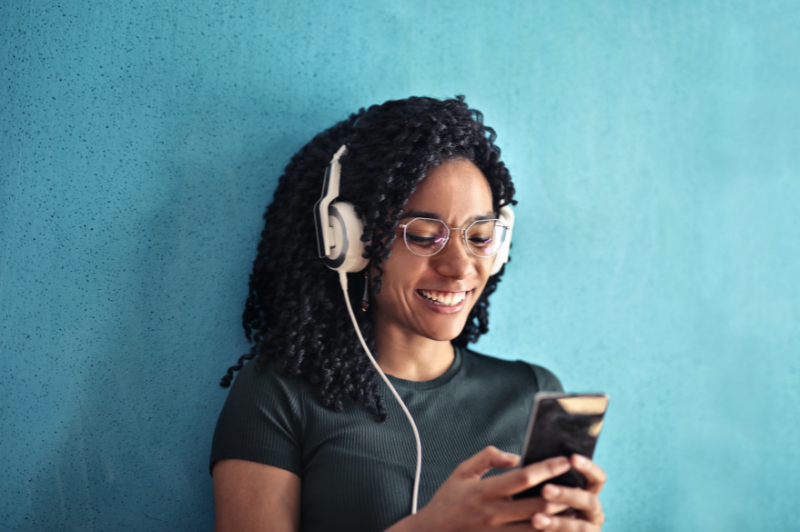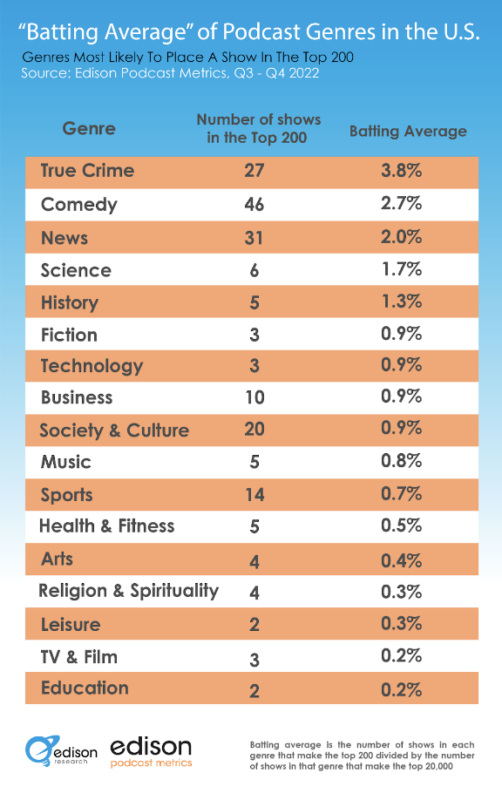South Asian Heritage Month (SAHM) seeks to commemorate, mark and celebrate South Asian cultures, histories and communities and to understand the diverse heritage and cultures that continue to link the UK with South Asia.
The celebration runs from 18th July to 17th August and this year’s theme is stories to tell. At Content is Queen we firmly believe that podcasting is the perfect medium for storytelling. So, to mark the occasion, we’re sharing seven of our favourite South Asian podcasts that deserve a spot in your library.
Masala Podcast
Masala Podcast is an award-winning feminist podcast for & by South Asian women. On a mission to tackle cultural taboos, host Sangeeta Pillai is joined by her guests for unfiltered takes as they explore intersectional feminism. From sexuality and porn to menopause and mental health, no subject is off limits. We recommend starting with series 4, episode 12, with Shazia Mirza, Salma El-Wardany and Seema Anand, recorded at our event, the International Women’s Podcast Festival, last year.
The Paul Chowdhry PudCast
When Paul Chowdhry discovered comedy, he didn’t know it would change his life and the life of those around him. Answering questions like why he stopped drinking 20 years ago, Paul goes light and dark as he sits down with guests for candid conversations. If you’re searching for a good laugh, inspired stories and unapologetic opinions, The Paul Chowdhry PudCast should be on your radar.
A Millennial Mind
A Millennial Mind sees host Shivani Pau entertain, educate, and inspire listeners to live a more positive and energised life. Delving into the lives of millennials, Shivani interviews guests from all walks of life as they share their experiences, beliefs, and practical tips to incorporate into everyday life. We particularly enjoyed the recent episodes with Elizabeth Day: Learn How To Fail & Embrace Failure and Shiza Shahid: Building a Business for Profit and Purpose.
Brown Girls Don’t
Hosted by creative Maansi, Brown Girls Don’t is a pod for Brown Girls That Do. From thriving without school to speaking up, Maansi is joined by inspirational guests who went against the norm to follow their passion. From going freelance to speaking up, if you’re looking for a podcast to accompany a journey of autonomy and self-empowerment, this is it.
Too British To Be Asian
Host of Too British To Be Asian, Sharan Raju delves into issues not often discussed in South Asian culture. As she shares her experiences of being brought up first generation British Asian, Sharan hopes her scared space will make others feel a little less alone or afraid. From lifting weights to sexuality, Sharan and her guests share life through the lens of South Asians.
Brown Women Health
Despite the significant number of South Asian physicians, the health disparities in South Asian women are unreal. Brown Women’s Health is home to culturally specific and verified health information for South Asian women all over the globe. Featuring a range of hosts and guests, the podcast covers all things health, from pill shaming and mental health and Autism and heart health; you can consider it a health professional in your pocket.
Brown Girls Do It Too
Brought to you by BBC Sounds, Brown Girls Do It Too is hosted by pals Poppy and Rubina. While chatting about sex is usually off-limits for South Asian girls, this dynamic duo is rewriting the rules for their LOL-worthy show. With guests including Priya Ashra and Anita Chiba of Diet Paratha, expect to hear some voices you already know. We enjoyed the recent episode Life Begins At… with Poorna Bell.
If you enjoyed our South Asian podcast recommendations and want more, check out our Instagram Highlights here. Got a show we should know about? Let us know!

